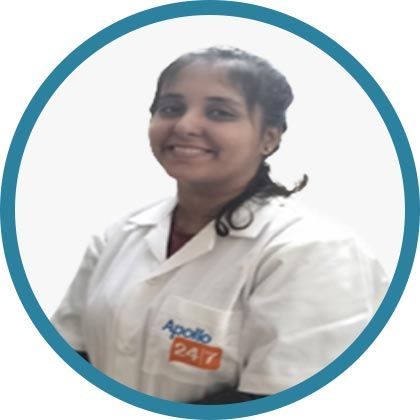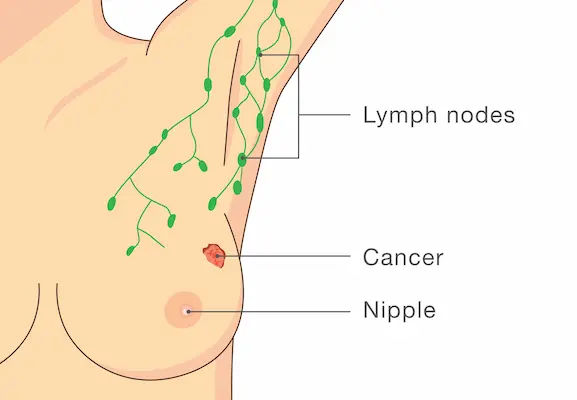Hookworm Disease Overview and Management
Hookworm disease is a parasitic infection that can cause anaemia, fatigue, and digestive issues. Learn about its symptoms, causes, treatment options, and effective prevention strategies.


Hookworm disease is a common parasitic infection caused by tiny worms that live in the intestines. While it may sound alarming, understanding the condition, its symptoms, and how to manage it can help you stay healthy and prevent complications.
What is Hookworm Disease?
Hookworm disease is caused by two main types of parasites: Ancylostoma duodenale and Necator americanus. These worms enter the body through the skin (usually the feet) when walking barefoot on contaminated soil. Once inside, they travel to the intestines, where they attach themselves and feed on blood, leading to health problems if left untreated.
How Does Hookworm Infection Affect Health?
Hookworms feed on blood, which can lead to:
- Anaemia (low red blood cell count) – This happens because the worms cause small amounts of blood loss daily.
- Fatigue and weakness – Due to anemia, you may feel tired or short of breath.
- Digestive issues – Some people experience stomach pain, diarrhoea, or loss of appetite.
- Skin irritation – If the larvae enter through the skin, you may notice an itchy rash at the entry point.
Children with hookworm infections may also experience poor growth and learning difficulties due to malnutrition caused by the worms.
Symptoms of Hookworm Infection
Not everyone shows symptoms, but common signs include:
- Itchy rash where the worm entered the skin (often the feet)
- Stomach pain or cramps
- Diarrhoea or nausea
- Fatigue and weakness (due to anaemia)
- Pale skin (a sign of anaemia)
- Weight loss or poor growth in children
- If you notice these symptoms, especially after walking barefoot in areas with poor sanitation, consult a doctor.
How Do People Get Hookworm Infection?
Hookworm eggs are passed in the faeces of infected individuals. In warm, moist soil, the eggs hatch into larvae, which can penetrate human skin when walking barefoot. The infection spreads in areas with:
- Poor sanitation (lack of toilets)
- Contaminated soil (from human faeces)
- Warm, humid climates (common in tropical regions)
Diagnosis and Treatment
If you suspect a hookworm infection, a doctor can diagnose it through:
- Stool test – Checks for hookworm eggs in your faeces.
- Blood test – Detects anaemia or low iron levels caused by the worms.
Get Your Symptoms Checked now.
Treatment Options:
- Antiparasitic medications – Drugs like albendazole or mebendazole kill the worms effectively.
- Iron supplements – If anaemia is severe, iron tablets may be prescribed.
- Follow-up stool tests – To ensure the infection is fully cleared.
Most people recover fully with proper treatment.
Consult Top General Practitioner
Preventing Hookworm Infection
Prevention is key, especially in high-risk areas. Follow these steps:
1. Wear shoes – Avoid walking barefoot, especially in soil that may be contaminated.
2. Practice good hygiene – Wash hands with soap before eating and after using the toilet.
3. Use proper sanitation – Ensure toilets are available and faeces are disposed of safely.
4. Avoid contaminated soil – Be cautious in areas where human waste is used as fertiliser.
5. Regular deworming – In high-risk regions, periodic deworming programs help reduce infections.
When to See a Doctor
If you experience symptoms like persistent fatigue, stomach pain, or unexplained anaemia, consult a doctor. Early treatment prevents complications.
Need Help?
If you suspect a hookworm infection, you can book a consultation or lab test through Apollo 24|7 for quick diagnosis and treatment.
Final Thoughts
Hookworm disease is treatable and preventable. By wearing shoes, maintaining hygiene, and seeking timely medical care, you can protect yourself and your family. If you live in or travel to high-risk areas, stay cautious and follow preventive measures.
Would you like to schedule a test or speak to a doctor? Visit Apollo 24|7 today!
Consult Top General Practitioner
Consult Top General Practitioner

Dr. Mainak Baksi
General Practitioner
13 Years • MBBS , MD (MPH)
Howrah
Mainak Baksi Clinic, Howrah
(50+ Patients)

Dr. Rajib Ghose
General Physician/ Internal Medicine Specialist
25 Years • MBBS
East Midnapore
VIVEKANANDA SEBA SADAN, East Midnapore

Dr. Sujay Jagatap
General Practitioner
5 Years • MBBS
Bangalore Rural
Ashwini Clinic., Bangalore Rural

Dr. Ashita Kuruvilla
General Practitioner
7 Years • MBBS
Kolkata
KVC CLINIC, Kolkata

Dr. Aakash Shah
General Practitioner
6 Years • MBBS, DNB Emergency Medicine
Delhi
AIIMS, Delhi
Consult Top General Practitioner

Dr. Mainak Baksi
General Practitioner
13 Years • MBBS , MD (MPH)
Howrah
Mainak Baksi Clinic, Howrah
(50+ Patients)

Dr. Rajib Ghose
General Physician/ Internal Medicine Specialist
25 Years • MBBS
East Midnapore
VIVEKANANDA SEBA SADAN, East Midnapore

Dr. Sujay Jagatap
General Practitioner
5 Years • MBBS
Bangalore Rural
Ashwini Clinic., Bangalore Rural

Dr. Ashita Kuruvilla
General Practitioner
7 Years • MBBS
Kolkata
KVC CLINIC, Kolkata

Dr. Aakash Shah
General Practitioner
6 Years • MBBS, DNB Emergency Medicine
Delhi
AIIMS, Delhi





